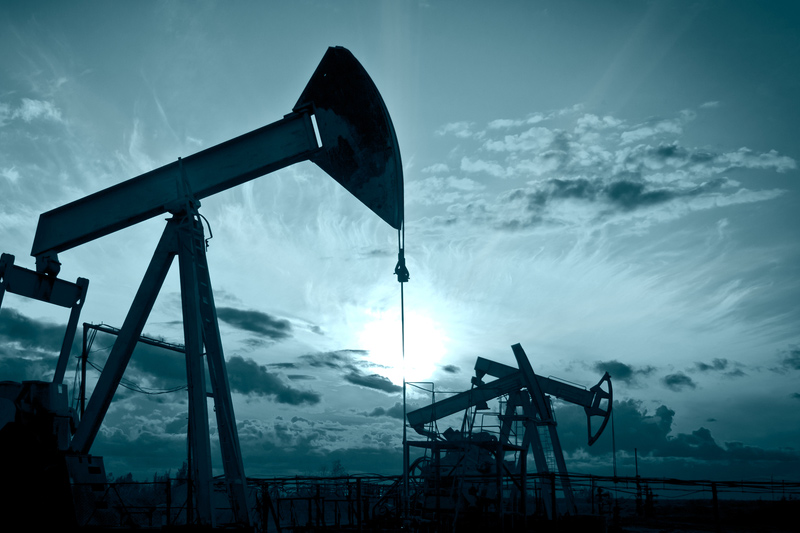* Potential hurricane lifts U.S. prices
* Russian, U.S. air strikes in Syria introduces Brent risk
premium
* But outlook remains weak as Asia's biggest economies slow
By Henning Gloystein
SINGAPORE, Oct 1 (Reuters) - Crude oil prices edged up in
early Asian trading on Thursday as demand was estimated to have
remained strong despite slowing economic growth in Asia, and as
Russian and western air campaigns in Syria worried markets.
Traders said that a political risk premium has re-entered
oil markets over Syria, where Russia and the United States are
both carrying on bombing campaigns without coordination,
triggering fears of unintentional clashes.
"U.S. markets are also seeing a first impact of that
hurricane heading America's way and we've seen some speculative
buying of WTI to prepare for the case it impacts Gulf (of
Mexico) production," one broker said.
Hurricane Joaquin strengthened in the Atlantic on Wednesday
and could become a major storm, the U.S. National Hurricane
Center said, although forecast models did not agree on whether
it would make landfall in the United States.
U.S. West Texas Intermediate (WTI) futures CLc1 were at
$45.64 a barrel at 0201 GMT, up 55 cents from their last
settlement. Brent crude futures LCOc1 were at $48.71 per
barrel, up 34 cents.
World oil demand surged in the first six months of 2015
compared with the same period in 2014, responding to a halving
in the price of crude and significant declines in the price of
most fuels in most consuming countries, according to national
estimates submitted to the Joint Oil Data Initiative (JODI).
JODI reported consumption averaged 71.4 million barrels per
day (bpd) in the first six months of 2015, up from 69.1 million
bpd in the prior-year period, an increase of 2.3 million bpd or
3.3 percent.
Yet concerns over whether the growth in consumption could
last if Asia's leading economies slow have contributed to a fall
in almost a quarter in Brent and WTI prices since June.
In China, Asia's biggest economy, activity in the
manufacturing sector contracted for a second straight month in
September, an official survey showed on Thursday, adding to
signs of weakness in the world's second-largest economy which
are shaking global markets.
And in Asia's second-largest economy, Japan, manufacturers'
confidence worsened in the three months to September and
companies were cautious on the outlook, a central bank survey
showed, as they felt the pinch from volatile financial markets
and slumping shipments to China.
In corporate commodity news, Claude Dauphin, the powerful
and influential oil and metals trader who built Trafigura into
one of the world's biggest commodity merchants, died on
Wednesday after a battle with cancer, aged 64.
(Editing by Ed Davies)
